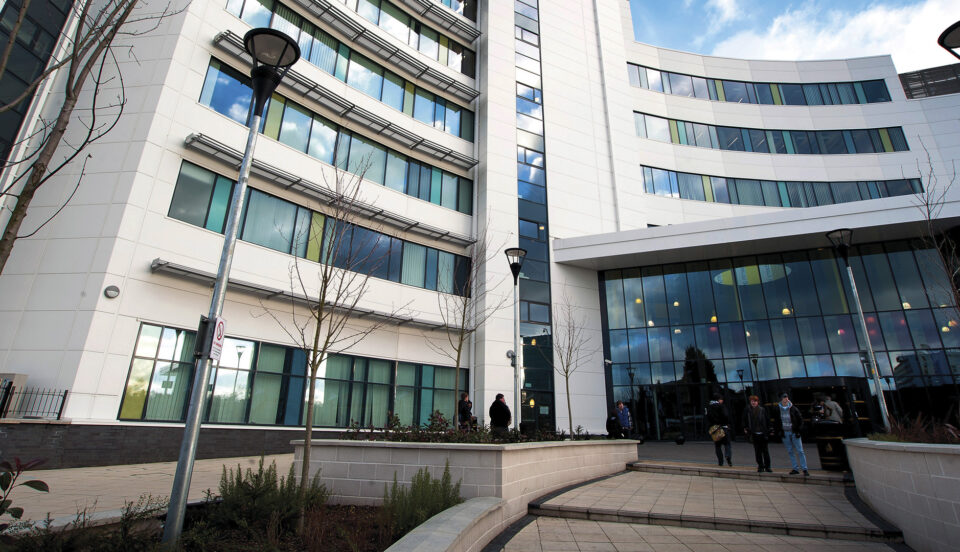This course will help improve your knowledge of history as well as develop analysis and research skills. You will learn how to read historical documents, make connections between events, and argue a case.
Students who have completed this course have progressed to higher study in areas including history, politics, international relations and law. The study of history is also effective training for employment in roles that involve persuasive writing, such as journalism or marketing, or studying data, such as market research.
What you'll learn
A Level History at Bracknell and Wokingham College follows the OCR specification, with no AS exams.
In the first year you will study:
Germany 1919-1963: Democracy and Dictatorships — This module teaches students how democracy failed in Germany after WWI, how Adolf Hitler rose to power, how Germany fought and lost WWII, and how Germany was divided after the War. Key questions include debates about the difficulty of establishing democracy in the 1920s, the extent to which the German people genuinely supported the Nazis, whether Hitler truly planned for a world war, and whether the division of Germany after the War could have been avoided.
England 1445-1509: Lancastrians, Yorkists and Henry VIII— This module teaches students how medieval kingship ended in England and was replaced by the dictatorial rule of the Tudor dynasty. Key questions include debates about who was responsible for the outbreak of the Wars of the Roses, whether kings could ever control powerful nobles, and the role played by other countries including Scotland, France and the Holy Roman Empire.
In the second year you will study:
Russia 1855-1964: Russia and its Rulers — This module teaches students how Russia’s tsars attempted to reform their empire, how an unlikely revolution brought the world’s first communist dictator to power, and how the Soviet Union forced radical changes on the Russian people. Key questions include whether Lenin and Stalin were a new kind of leader or simply “red tsars”, whether the Russian people were controlled more effectively by secret police forces or by propaganda, whether Russia’s devastating famines could have been avoided, and why both tsars and communists attempted to extend their power over millions of non-Russian people.
Coursework essay: Working mostly independently, you will complete an extended coursework essay answering an important question about 20th Century Germany or late medieval England. This essay expands on your study of these regions in the first year.
How you'll learn and be assessed
You will learn in a variety of ways: discussion, groupwork, independent study, traditional essays, reading and research tasks. There is a balance of challenge and support. You will play an active part in your learning and there will be a strong focus on your individual learning needs.
You will develop the skills necessary for further academic study, such as strong report writing, essay writing and study skills, including presentation skills.
You will also improve the wider skills vital for success in further study or employment, including self-confidence, speaking in front of others, working with others, taking responsibility and managing your time. By the end of the course, you will have benefited from individual support, including clear advice about higher education and careers.
Eighty percent of your final grade will be awarded for exams covering the taught subjects, taken at the end of the two-year course. Twenty percent of your final grade will be awarded for your coursework essay.
Entry requirements
Applicants should have five GCSEs at grade 5 or above, including English and maths.



